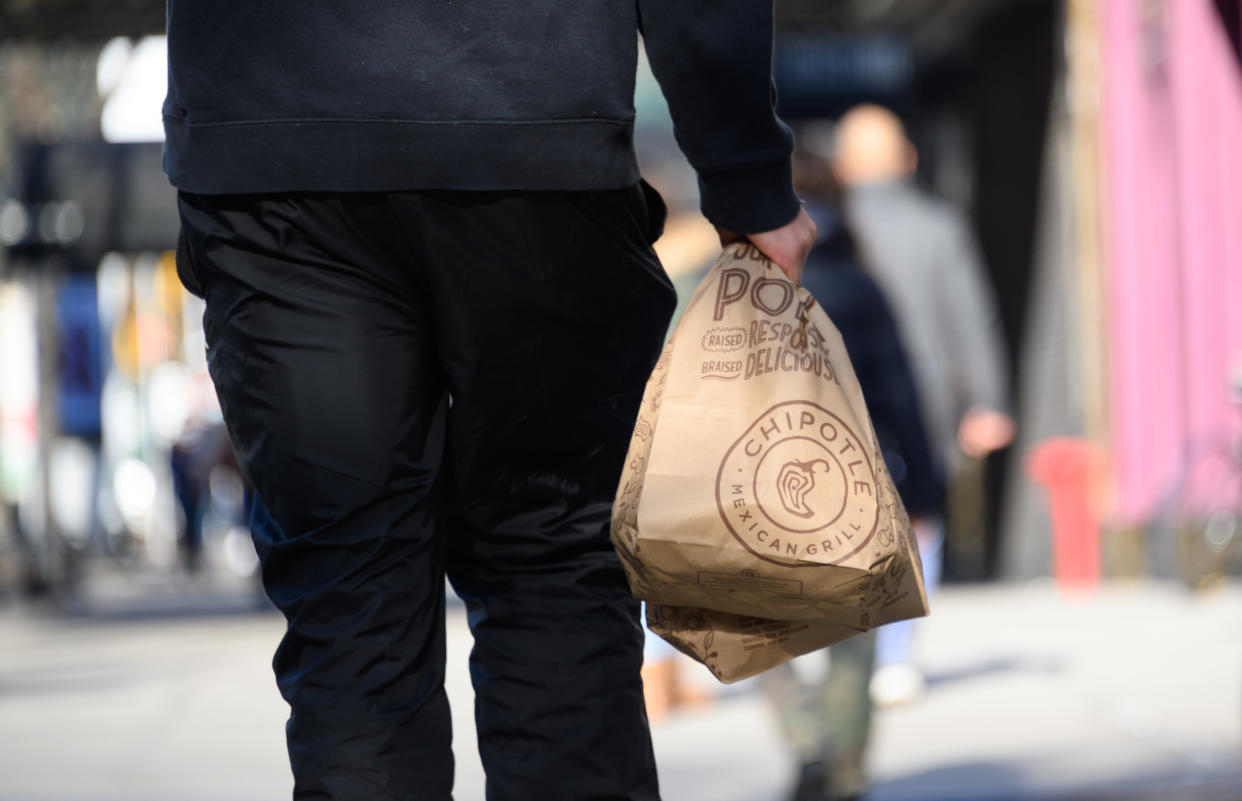Minimum wage continues to rise in states as federal action stalls
Minimum wage increases went into effect in several states on July 1 as states take it upon themselves to increase pay for low-wage workers to keep up with the growing cost of living.
The federal minimum wage sits at $7.25 an hour, a number that has been in place since 2009. (Democrats tried and failed to raise the federal minimum wage as part of stimulus negotiations earlier this year.) In a majority of states, the state minimum wage is now higher than the federal minimum.
"It's been a dozen years since Congress raised the national minimum wage, so the lowest-paid workers in the U.S. economy have seen an 18% pay cut as the cost of living went up over that time period," Ben Zipperer, an economist at the Economic Policy Institute, told Yahoo Finance. "Congressional inaction is why places like Delaware, Florida, and more than two dozen other states have increased their minimum wage in the last several years."
The wage hikes that took place on July 1 include Nevada, which raised the minimum wage to $8.75 an hour for employees who receive health benefits from their employers and $9.75 an hour for employees that do not. Oregon raised the minimum wage to $12.75 in "standard" wage counties and to $14 in the Portland Metro area. Additionally, D.C. raised its minimum wage to $15.20.
Several counties or cities also saw minimum wage hikes go into effect, such as in Chicago and in nine California cities, including Los Angeles and San Francisco.
Delaware lawmakers recently passed legislation that would phase in a $15 an hour minimum wage over the course of several years if the state's governor signs the bill. That action follows Virginia, which committed to $15 an hour in May this year.
Business owner: It's 'super important' to pay $15 an hour
For one business owner in Delaware, the move toward $15 an hour is a no-brainer.
"We've always paid $15 an hour here at the inn," Kristen Deptula, owner of the Canalside Inn in Rehoboth Beach in Delaware, told Yahoo Finance. She purchased the inn at the end of 2019.
"It was super important to me," Deptula added. "I'm going to keep the employees longer, they're going to be happier, they're not grinding really hard and working for nothing." All of Deptula's employees are paid the same rate.
With the economic recovery underway, wage increases are likely to be a big focus for workers as they expect pay increases as businesses search for more workers and raise prices in some cases.
Chipotle, for example, raised employee wages to between $11 to $18 an hour in May while also raising menu prices by around 4%. Many other household brands are also planning wage and price increases.

Effect of minimum wage hike in Los Angeles
Researchers are still uncertain about the precise impacts of raising the minimum wage as households and businesses recover from the pandemic.
A recent study in the National Bureau of Economic Research looked at the effect of minimum wage increases in Los Angeles County.
The authors found that restaurants in LA dealt with higher labor costs in high-income neighborhoods by increasing prices, and in low-income neighborhoods by changing their product offerings. Some restaurants in the study had to shutter, especially if they were located near competing restaurants that faced a lower statutory minimum wage.
The study "suggests that minimum wage increases are more effective in mitigating income inequality when they are enacted in high-income neighborhoods," Christopher Esposito, one of the authors of the study, told Yahoo Finance.
"High-income neighborhoods have a wealthy customer base that essentially pays for the higher wages through higher prices," he explained. "Lower-income neighborhoods lack a wealthy customer base, and so restaurants in these areas are forced to adapt in other ways, including by changing their menus [or] product offerings."
Esposito added that while a higher minimum wage didn't reduce employment for restaurants in high-income areas in Los Angeles County, the same can't be said with certainty about low-income neighborhoods.
But for small business owners like Deptula, who said she considers the handful of employees she manages a "part of the family," paying higher wages wasn't so much an economic consideration as a principle.
"They have to know that we have their back, and we have to lead them to successes," she said.
—
Aarthi is a reporter for Yahoo Finance. She can be reached at aarthi@yahoofinance.com. Follow her on Twitter @aarthiswami.
Read more:
Minimum wage increase in U.S. states adds pressure to federal push — and small businesses
Data highlights the difference in perceived and actual value of a college degree in America
Follow Yahoo Finance on Twitter, Facebook, Instagram, Flipboard, SmartNews, LinkedIn, YouTube, and reddit.
